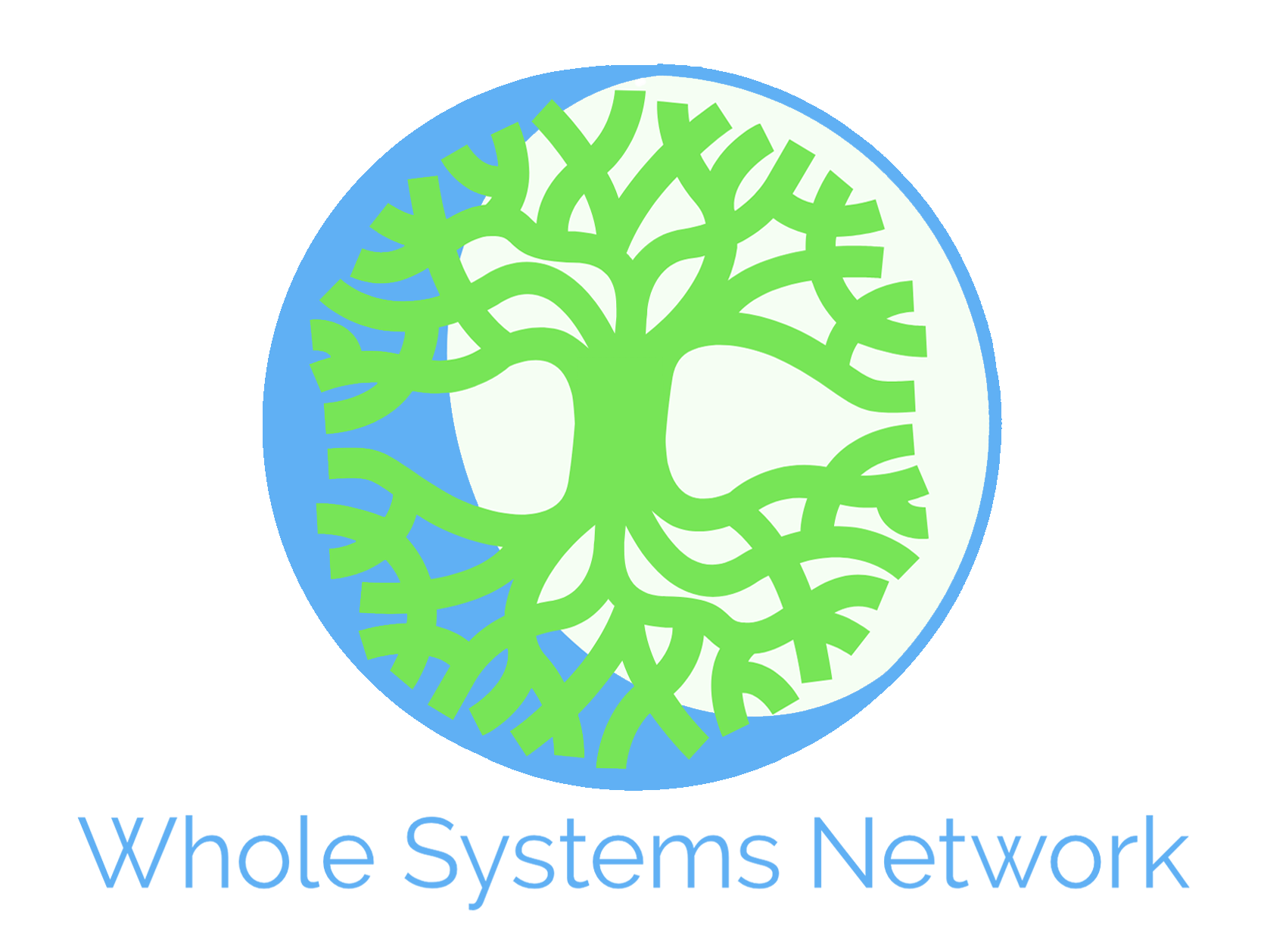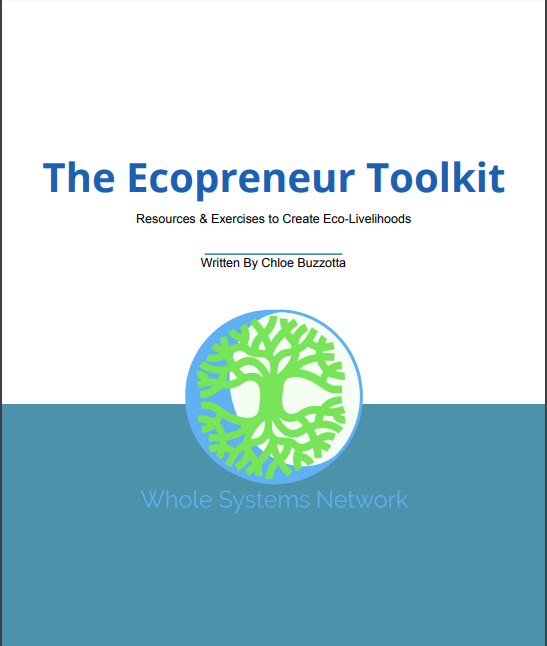
The world is at a global turning point and instead of building empathy we are tearing each other apart. Every action has turned into a political statement. We can literally no longer walk out doors (nor stay inside) without a critique from our neighbors. Wearing a piece of cloth has now become the world’s biggest debate. Reports of climbing global temperatures from renowned scientists are also under dispute. All celebrities are pedophiles and “flattening the curve” can mean halting deaths or it can mean that the Earth is not round but flat.
Every fact that has been taken hold of the media has been exacerbating the mass of the United State’s population. To an extent I find this to be a positive occurrence. It is reminding people to care, to be passionate, to stand up for what they believe, to identify their values. Yet the biggest construct that these perpetuated ideals are creating is boxes. If you have this belief you must subscribe to this party, ideology, ethnicity, generation,__(whatever you name it)___group of people. In the last four years this has heightened to a screeching level. In my experience, almost every social media post I have read or posted (unless it was about family, accomplishment, cute animal or baby pictures) has had remarks and criticism. Particularly the past few months has made it uncomfortable to be an active participant on facebook because of peoples’ entitlement to correct others’ views and perspectives.
When did we, as a society, decide we were entitled to correct all ideas, thoughts, and feelings? When did we decide to label each other and ourselves to a certain ideology because of a singular belief?
Separatism and Issues
The issues at large being debated across the internet are all valid yet they are symptomatic of a larger problem. The root cause. What causes a disease ridden, obese, depressed, cancerous society? How about rising global temperatures, endangered species, polluted townships with lower class peoples, and food deserts? Inequity because of lack of dispersion of wealth and resources specifically towards marginalized populations?
Could this all be linked to the same underlying cause? What we are experiencing is the result of global society at large that actively uses compartmentalized thinking. This perspective was perpetuated during the industrial revolution when machines were on the rise. People’s roles on the assembly lines were literally compartmentalized to the point they were doing one singular movement 40+ hours a week. People were taught not to look at the whole but to focus on granular details. Problems were dealt with on a hierarchical level. CEOs reviewed numbers to give feedback and thus put pressure on lower level managers. Most of the time this type of thinking only put bandaids on issues rather than solved them.
The Root Cause- AKA Wholism
Many of this could have been avoided if they had worked on a systemic level to identify pitfalls and come up with collective issues. The book Presence talks about this phenomena in depth and lists ways to create change on a systemic level.
My point is that the industrial complex was applied to our educational systems, our health care, and our general way of life. We are taught to look at individual issues and to focus on the “solutions” rather than to ask what the cause may be and why it might be arising. The world as we know it is in extreme distress because of the systems we have become reliant on. The foundational systems at play are based around our needs; how our food is sourced, health, governance, security, and overall well being. THESE NEEDS ARE CONNECTED. Currently we are led to believe that these systems are separate but each of these factors affect each other.
Let’s examine the production and consumption of food for example. Our food greatly impacts our health, the way the food is sourced impacts our environment, how we obtain our food through careers also affects our environment, and food is heavily impacted via governance restrictions (or lack) subsidiaries and educational rulings (like the FDA).
Another example would be the issue of inequity. Historically, marginalized peoples were given little to no resources. No access to education, land ownership, voting, etc. Fast forward to today we are seeing the lack of inequity affecting inability to receive mortgages, poor physical and mental health due to stress and again lack of resources, marginalized peoples are often left with poor transportation and unable to access high quality food which also affects health, and lastly many areas that marginalized people live have a poor environmental health because it is cheaper for them to live and because large corporations target these areas for pollution dumping spots.
Weaving Intersectionalities
As we weave these intersectionalities we begin to see a tapestry of different issues culminating together as one larger problem with one root cause. The process of identification is just the beginning of revamping our current deteriorating systems towards permanent solution(s). In order to do this we must stop creating separatism and division. In fact, we recognize the value in the multitudes of cultures, religions, genders, and orientations. We must arise above the labels we have discarded onto each other programmed by the media. Ignore contortions of facts perpetuated by facebook, twitter, instagram threads. I am not dismissing these institutional and systemic issues. I am merely asking each of us to look deeper and ask the question. How do we visualize our next generation? Their equity and equality, their health and wellbeing, their happiness, their ability to love and be loved, governance structures and power dynamics including dispersion of wealth?
Please read part two for a vision into a wholistic and integrative future.
Support our project in exchange for valuable resources
About the Author:
Chloe Buzzotta – Director of Whole Systems Network
Since early adulthood I have been on the journey of environmental stewardship. What are the most ethical and just ways to harmonize our planet, humans, and animals? I have worked with different sectors in the environmental field from Greenpeace to Global Ecovillage Network. My current self-journey is building a livelihood that can support my passion of healing our planet and empowering others.

